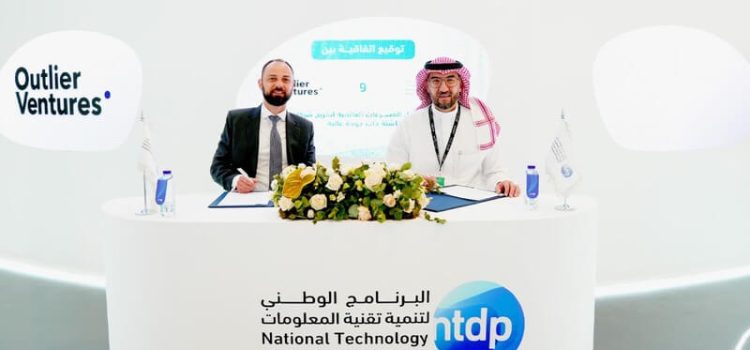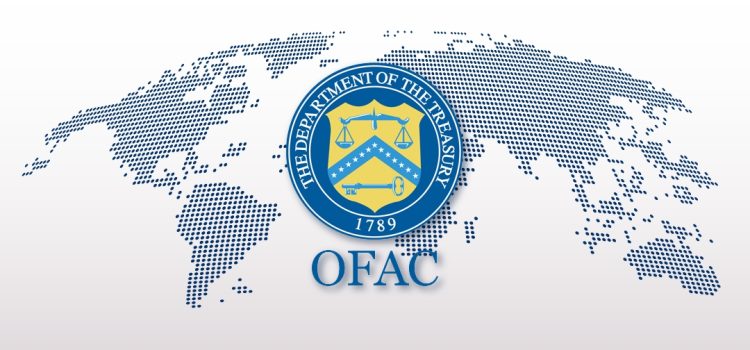Arts DAO Festival, a Web3 cultural event in the MENA region, is returning to the UAE on April 20-21, 2024. The Agenda will host this event, standing as a hub for digital art enthusiasts and internet culture aficionados alike. Attendees are promised an immersive and unforgettable journey, highlighting the boundless creativity and innovation that define the digital art domain.
This year’s edition of Arts DAO Fest will offer experiences designed to engage, inspire, and enlighten. From awe-inspiring digital art exhibitions to interactive workshops, a gaming zone, and a party-like festival, the event provides a unique platform where culture intersects with technology, fostering a space where creativity and innovation can flourish.
Arts DAO Fest also unveiled their initial speaker lineup – an assembly of visionaries and pioneers from various sectors, including NFTs, gaming, investment, and technology. Each speaker brings a wealth of knowledge and insights, promising to shine a light on the diverse aspects of the Web3 ecosystem.
Each Arts DAO Fest 2024 Zone is meticulously curated to offer a complete exploration of digital culture, allowing attendees to dive deep into art, technology, gaming, music, and investments.
The Creator Zone is an interactive wonderland featuring an array of NFTs and captivating installations. Attendees can explore the forefront of digital creativity, offering a tangible connection to the collections that define our era.
The Talk is designed for both newcomers and seasoned digital specialists. It offers insightful discussions led by some of the world’s foremost leaders in the field. Participants will have the chance to engage in dialogues that deepen their knowledge and expand their perspectives on the digital future.
“The heart of Arts DAO Fest lies in the exchange of ideas and the spark of innovation. We have designed a gathering where the brightest minds in digital culture come together to share insights and connect on a different level,” underscored Danosch Zahedi, Co-Founder and CEO at Arts DAO Fest. “Whether you’re just beginning your journey or you’re a seasoned expert, there’s something here to expand everyone’s horizon.”
The Gamer Zone presents a next-generation gaming experience. Here, attendees will find themselves in a gaming adventure, where the virtual worlds they explore are as boundless as their imaginations. This zone is designed to elevate the gaming journey of competitive players and casual enthusiasts alike.
The Beat is where electrifying DJs and live performers set the stage for an unparalleled auditory journey. This vibrant space is the heart of the festival’s lively spirit, inviting attendees to lose themselves in music and dance, creating memories that will last a lifetime.
Speakers’ Roster
ArtsDAO is honored to present the opening lineup for the 2024 event:
Zeneca, Web3 Thought Leader & Founder of Zenacademy, is renowned for his deep insights into the Web3 ecosystem. His commitment to education and onboarding new users into Web3 has made him a must-follow for anyone venturing into the Web3 space.
Punk6529, Web3 Thought Leader, is celebrated for his visionary perspectives on the digital future. With an influential voice in the NFT space, his contributions continue to shape the evolving landscape of digital ownership and art.
Tristan Yver, Co-Founder of Backpack and MadLads, has reinvigorated the Solana ecosystem, breathing new life into the digital landscape and showcasing exceptional talent for sparking innovation and rallying community engagement with vibrant enthusiasm.
Poopie, Co-Founder at Doodles, stands at the creative forefront of the NFT revolution. His work with Doodles has not only popularized digital collectibles but also fostered a vibrant community around blockchain-based art.
Clement Chia, Co-Founder of Imaginary Ones, merges creativity with technology, innovating at the dynamic intersection of entertainment and NFTs. His vision brings digital art and collectibles to life, engaging communities in unprecedented ways.
Farokh, Co-Founder and President of DASTAN, home of RugRadio and DecryptMedia, has launched platforms that are not just sources of news and entertainment but also critical educational resources for the Web3 community. His transparency and consistency over the years have made him a cornerstone for those looking to navigate Web3 fully.
Wale.Swoosh, Web3 Thought Leader, is known for his strategic insights into the blockchain industry. His expertise and forward-thinking have made significant impacts on the adoption and understanding of Web3 technologies.
Minh Do, COO at Animoca Brands, plays a pivotal role in driving innovation within the blockchain gaming sector. His efforts have been instrumental in establishing Animoca Brands as a leader in the immersive Web3 gaming experiences.
Eowyn Chen, CEO Trust Wallet, is at the forefront of making cryptocurrency accessible and secure for users worldwide. Her leadership is critical in Trust Wallet’s mission to provide a safer, more user-friendly platform for managing digital assets.
Sergej Kunz, Co-Founder of 1INCH Network, has been a transformative force in decentralized finance (DeFi). His work with 1INCH Network is revolutionizing how users interact with DeFi services, prioritizing efficiency and security in digital transactions.
“Our speakers are at the vanguard of Web3, each bringing a unique perspective. We’re proud to host such a diverse array of visionaries who are not just shaping the future of digital culture but are also eager to share their journey and insights with our attendees,” highlighted Danosch Zahedi, Co-Founder and CEO at Arts DAO.
As the largest Web3 cultural gathering in the MENA region, Arts DAO Fest invites artists, creators, investors, and enthusiasts from around the globe to join in celebration of digital art’s vibrant future. This event not only highlights the incredible talent and potential within the digital art world but also serves as a pivotal moment for the Web3 community, fostering connections and collaborations that will shape the trajectory of digital culture.



















